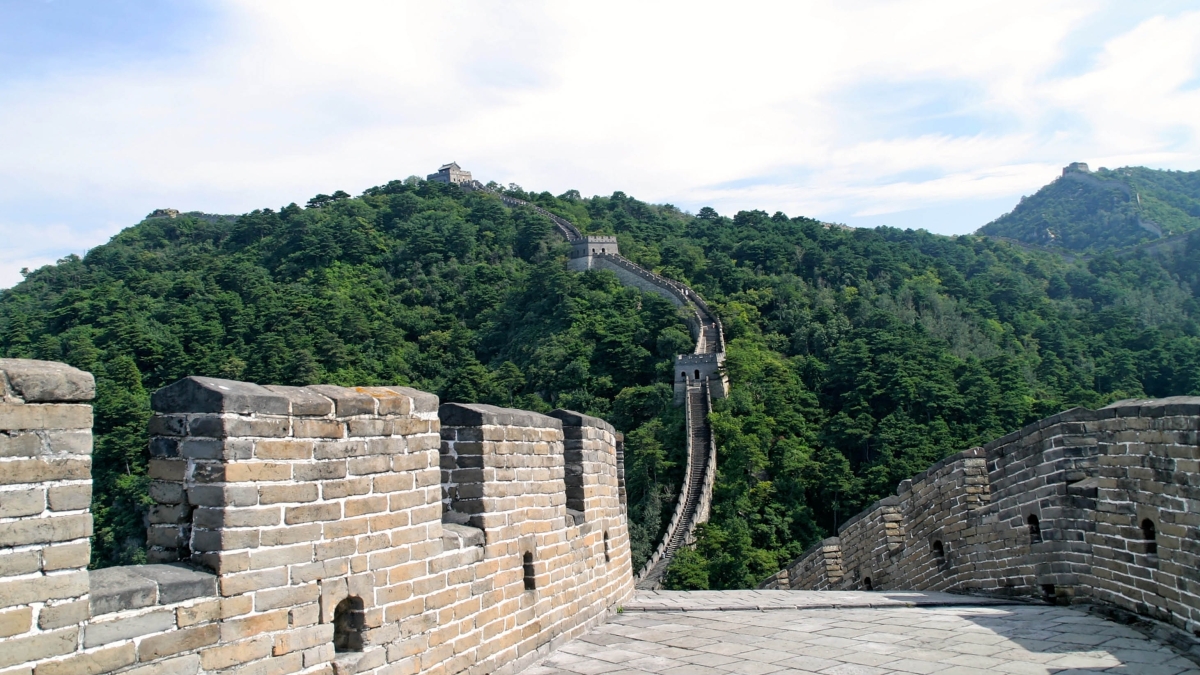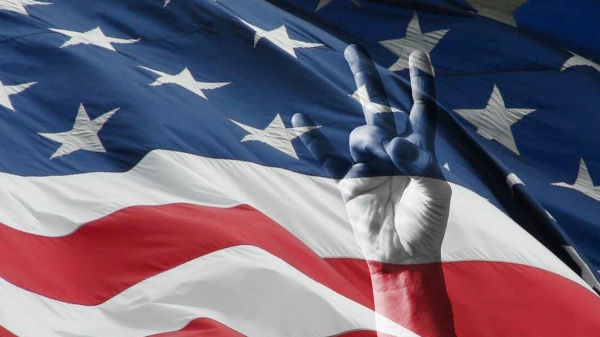Q&A: 'Rural poor' vs. 'big city elite' could lead to international game of chicken

The Brexit vote and the election of Donald Trump have fueled a discussion over the rise of nationalism in Western Europe and the U.S., but an ASU professor of global strategy says similar factors are also at play in China.
Mary Teagarden, of the Thunderbird School of Global Management — a unit of the Arizona State University Knowledge Enterprise — shows how a dramatic oversimplification best makes the point: It’s the rural poor vs. the big city elite.
Teagarden explains how it could lead to a game of chicken involving the world’s largest economies — to the detriment of all involved.
Question: President Trump already has removed the U.S. from the Trans-Pacific Partnership. Do we know yet what his China policy will be?
Answer: We don’t know for certain, but as a candidate, Donald Trump was quite vocal about America’s relationship with China on economic matters like trade and currency.
He vowed to impose a 45 percent tariff on Chinese goods coming into the U.S. and said he would label China a currency manipulator.
Q: How might China react if Trump followed through on those campaign promises?
A: Again, we don’t know for certain. Many people argue that China would retaliate.
There are examples of exactly that kind of retaliation from China, as in 2009 when President Obama imposed a 35 percent ‘safeguard’ tariff on Chinese tires and China responded by imposing antidumping duties of between 43 percent and 106 percent on American poultry.
There is even more frightening historical precedent: In 1930, after the U.S. Smoot Hawley Act doubled tariffs on some 20,000 imports, America’s trading partners responded in kind. The result was a 67 percent drop in U.S. exports and a deeper, longer Great Depression.
On the other hand, people argue that trade with America has benefited China too much for China to retaliate in any very significant way — responding with across-the-board tariffs of their own, for example, rather than targeted tariffs as they’ve done in the past.
It is true that China has benefited significantly from trade with the U.S. As just one example, Foxconn, the company that assembles most of Apple’s iPhones and iPads, is China’s largest private employer. Hundreds of millions of Chinese people have migrated from the countryside into the cities to work in factories like Foxconn’s. Most of those workers are not residents of the cities, but live there temporarily to work. Large-scale unemployment among these workers could cause massive social unrest — truly the stuff of nightmares for the Communist Party.
It is important to remember that few pundits thought Donald Trump would be elected — just as many think that China “would never!” clamp down on trade. But the same nationalistic forces that propelled President Trump to victory are at work in China.
The power dynamics in China are tenuous, and even though the pro-globalism “big city elite” reigns today, they might not tomorrow. Military leaders, more aligned with the nationalistic “rural poor,” are pushing back hard against President Xi Jinping and his “big city elite” crowd.
Q: What does it mean for China that Trump has withdrawn the U.S. from the TPP?
A: Left out of the TPP, China has been pursuing its own multinational trade deals.
For example, the One Belt One Road (OBOR) would create a free trade zone throughout Asia, the Middle East, Western Africa and Eastern Europe.
Without the benefit of TPP to balance the scales for the U.S., OBOR will give those emerging markets considerable global advantage. We could end up watching from the sidelines as they pass us by.
Q: What advice do you have for companies doing business in China?
A: If I were a global executive looking to take my company to China right now, I would be very cautious with my investment there.
We’re in a fragile time, where the tide could turn very quickly.
For the companies that already have significant investment in China, I’d think seriously about where I could move activity if the business environment in China turned against me.
In both cases, I’d be looking for non-Chinese intermediaries to mitigate the risk of sourcing from China.
Dr. Teagarden’s remarks here are part of a series of insights on the future of internationalism by Thunderbird faculty and students. For more, check out The Future of Internationalism Post-2016.
More Law, journalism and politics

ASU experts share insights on gender equality across the globe
International Women’s Day has its roots in the American labor movement. In 1908, 15,000 women in New York City marched to protest against dangerous working conditions, better pay and the right to…

ASU Law to offer its JD part time and online, addressing critical legal shortages and public service
The Sandra Day O’Connor College of Law at Arizona State University, ranked 15th among the nation’s top public law schools, announced today a new part-time and fully online option for its juris doctor…

ASU launches nonpartisan Institute of Politics to inspire future public service leaders
Former Republican presidential nominee and Arizona native Barry Goldwater once wrote, "We have forgotten that a society progresses only to the extent that it produces leaders that are capable of…

